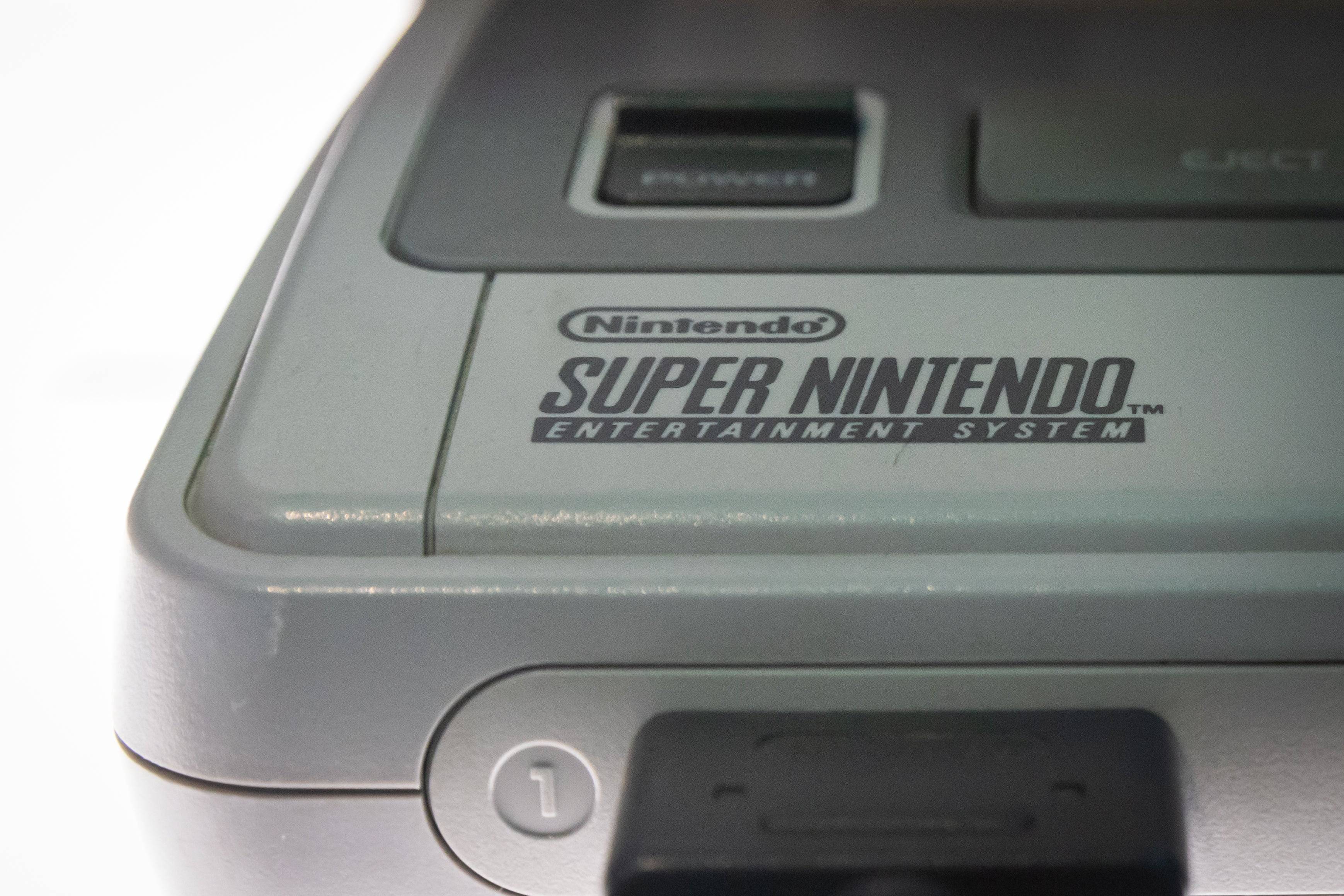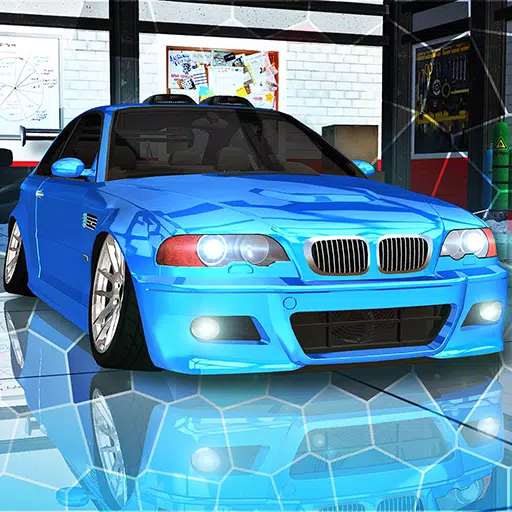The speedrunning community is grappling with a fascinating technological phenomenon: the Super Nintendo Entertainment System (SNES) appears to be running games faster as it ages. This unexpected trend was brought to light by Bluesky user Alan Cecil (@tas.bot) in early February, suggesting that the nearly 50 million SNES units sold worldwide might be performing better today than when they were new in the 1990s.
The notion that a gaming console could improve its performance over time might seem far-fetched, yet Cecil's research points to a specific component that could be responsible for this anomaly. In an interview with 404 Media, Cecil explained that the SNES's audio processing unit (APU) SPC700 is supposed to have a digital signal processing (DSP) rate of 32,000Hz, controlled by a ceramic resonator operating at 24.576MHz. However, retro console enthusiasts have noted that this rate varies slightly based on environmental conditions such as temperature, affecting how audio is processed and sent to the CPU, which in turn subtly impacts game speed.
 The SNES appears to be getting faster with age. Photo by Aldara Zarraoa / Getty Images.
The SNES appears to be getting faster with age. Photo by Aldara Zarraoa / Getty Images.
Cecil's investigation took a deeper turn when he asked SNES owners to record data about their consoles. Over 140 responses indicated a clear trend of increased DSP rates in recent times. While previously recorded averages were around 32,040Hz in 2007, Cecil's data now shows an average of 32,076Hz. Although temperature does affect these rates, it doesn't account for the overall increase observed. In a follow-up Bluesky post, Cecil shared that, "Based on 143 responses, the SNES DSP rate averages 32,076Hz, rising 8Hz from cold to warm. Warm DSP rates go from 31,965 to 32,182Hz, a 217Hz range. Therefore, temperature is less significant. Why? How does it affect games? We do not know. Yet."
While intriguing, Cecil acknowledges that more research is needed to fully understand how much faster the SNES is processing game audio and what might be causing it. Historical data from the console's first decade is scarce, but it's clear that as the SNES approaches its 35th anniversary, it's aging gracefully.
This phenomenon has sparked significant interest within the speedrunning community, as an SPC700 processing audio faster could theoretically shorten load times and affect game performance. However, the impact on speedruns might be minimal, with even the most extreme scenarios likely shaving off less than a second. The exact influence on games like Super Mario World remains uncertain, and the community's research is still in its early stages. For now, the consensus is that players have little to worry about.
As Cecil continues to explore what makes the SNES tick, the console is seemingly thriving in its 30s. For more on the SNES, you can check out its ranking on the list of best-selling consoles of all time.
 Home
Home  Navigation
Navigation






 Latest Articles
Latest Articles










 Latest Games
Latest Games












